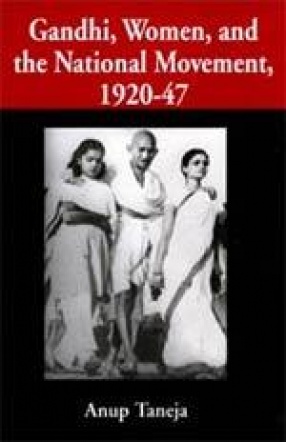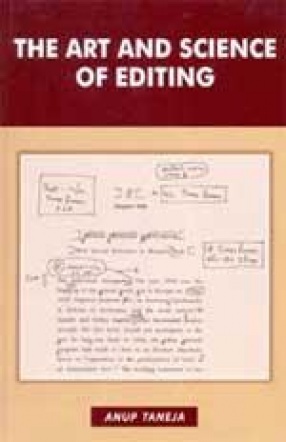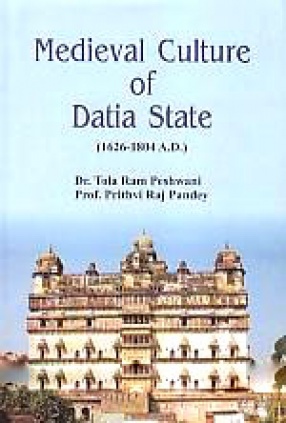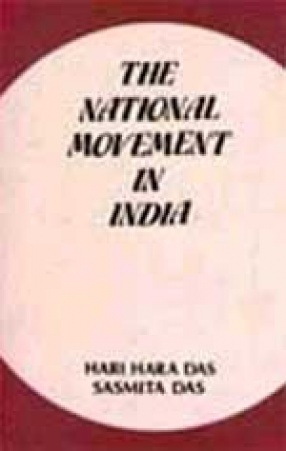In the recent past, there has been a growing interest on the question of gender within historical research, which has come to be recognized as a fundamental category of social, cultural and historical reality, perspective and study. Women are no longer invisible in history. The present book critically analyses the success achieved by Gandhi in mobilizing women on a mass scale for the cause of the country’s independence. At Gandhi’s call, women began to come out of the narrow confines of their homes to participate in various constructive programmes like spinning of charkha, picketing of shops selling foreign goods, wearing khadi clothes, etc. However, Gandhi never directed his attention to raising the consciousness of women to a level where they could start seeing the world from an altogether different perspective. In Gandhi’s scheme of things, radical change in the traditional framework based on male-dominated patriarchal norms was never envisaged. Besides, the idea of economic independence of women was not acceptable to Gandhi.
Gandhi, Women, and The National Movement, 1920-47
In stock
Free & Quick Delivery Worldwide
reviews
Bibliographic information
Title
Gandhi, Women, and The National Movement, 1920-47
Author
Edition
1st ed.
Publisher
ISBN
812411076X
Length
244p., Bibliography; Index; 23cm.
Subjects







There are no reviews yet.